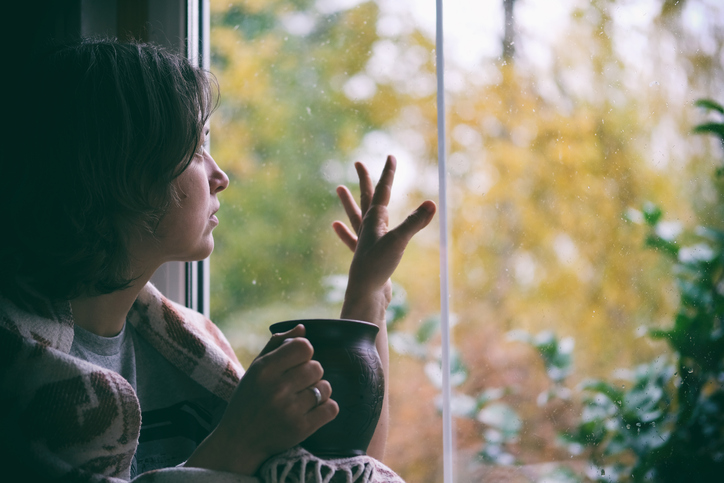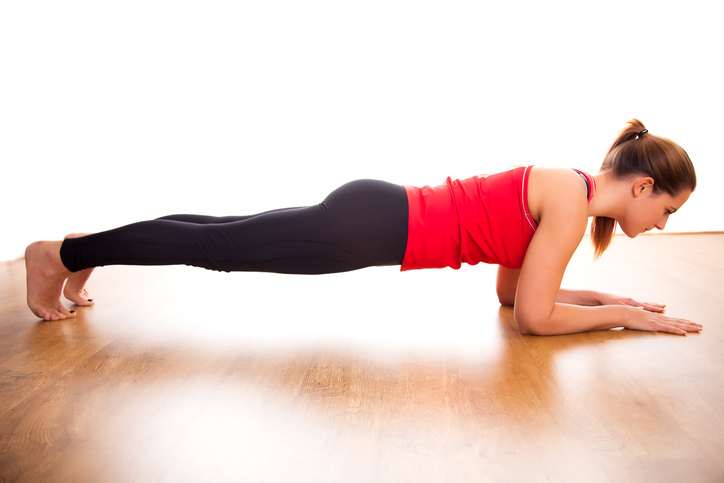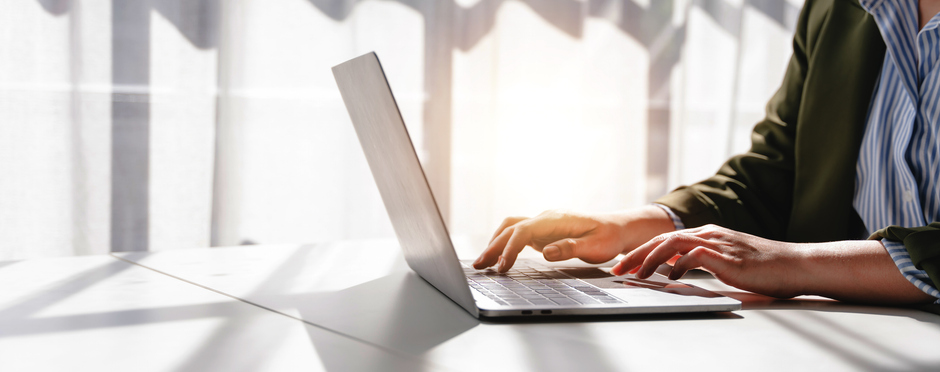It’s that time of year again! Listen…
iStock / Getty Images Plus
It’s that time of year again! Listen…
iStock / Getty Images Plus
Now that’s it’s getting cooler, and the days are growing shorter, you might start to feel more anxious or sad – and you’re not alone – you may have Seasonal Affective Disorder.
And there are some ways to make it a lot easier.
First, make sure you keep routines – even just going to bed and waking up at the same day each day will make a difference in how you feel.
Make sure you get light exposure – at least 30 minutes of natural light, or from a light device – and do it earlier in the day for best effects.
Keep up with activities that make you feel better – regular exercise, socializing, and eating a proper diet.
If you’ve taken those preventive steps but it doesn’t help, don’t be afraid to reach out to your doctor – they can check you out, and even recommend additional resources.
Image Credit: Gargonia / iStock / Getty Images Plus

Like it or not, pumpkin season is here – and if you don’t like it, you might want to start trying it, because pumpkin is incredibly healthy for you.
It’s good for eyesight, since pumpkins are loaded with vitamin A. And vitamin C as well, which helps boost your immune system.
You’ll find plenty of potassium too – which helps keep you limber as you’re less likely to cramp your muscles, and it can help maintain blood pressure.
And, before the cold weather gets here and starts to turn your skin raw, pumpkins can help with antioxidants that slow down the aging process.
Finally, it can help you lose weight. If you don’t just eat pumpkin in pie, you’ll get plenty of fiber that fills you up, and as they’re mostly water, they’re low in calories too.
You might not get all these benefits in a pumpkin spice latte, but there’s plenty of other pumpkin items out there!
Image Credit: Lilechka75 / iStock / Getty Images Plus

From store or patch, here’s what to look for! Listen…

Many of us suffer from high blood pressure – half of us over the age of 20 have it, and 75% over the age of 65. And you probably already know aerobic exercise can help you lower it – but a new study shows that you can lower your high blood pressure without moving!
Running, rowing machines, ellipticals are all still good options – but the best exercise may just be planks and wall squats.
If you’re not familiar, planks are when you stay in a push-up position on your elbows and remain motionless. Wall squats are where you sit in an invisible chair with your back up against the wall.
They’re not easy, but they can drop your top blood pressure number by around 8 and the bottom number by around 4.
Image Credit: capdesign / iStock / Getty Images Plus

They should stay for most off fall! Listen…

If you want healthy gums, you know to brush and floss daily. But cutting calories will help too!
A new study found it helps slow the progression of gum disease. The inflammation on gumlines was reduced with lower calorie diets – as well as inflammation in the entire body.
It worked on the short-term as well – if someone started a new diet, the results would show rather quickly.
However, it’s important not to go overboard – getting a healthy number of calories is important, because malnourishment is also a cause of gum disease.
But if you’ve been looking to cut back a bit and slim your waistline, you may end up with healthier gums too!
Image Credit: Povozniuk / iStock / Getty Images Plus

Listen before you hit send!
E+
We’re in Pumpkin Spice Latte season, and there’s a good chance you’ll be having a few over the next month and a half.
But have you ever wondered how much exercise you need to burn it off?
Well, we have the answer!
If you get a tall with nonfat milk and no whipped cream – the healthiest version you can find – that’s about 200 calories – so you’d need to job a mile and a half or do dreaded burpees for 20 minutes!
The more you add to the PSL, the more you’ll need to do – a grande with whipped cream means a 3-mile jog, and if you go big with a venti and whole milk means a 4-and-a-half-mile jog.
So, enjoy the pumpkin spice latte’s this season, but make sure you’ve got your running shoes ready!
Image Credit: GeorgeDolgikh / iStock / Getty Images Plus

For home or camping! Listen…